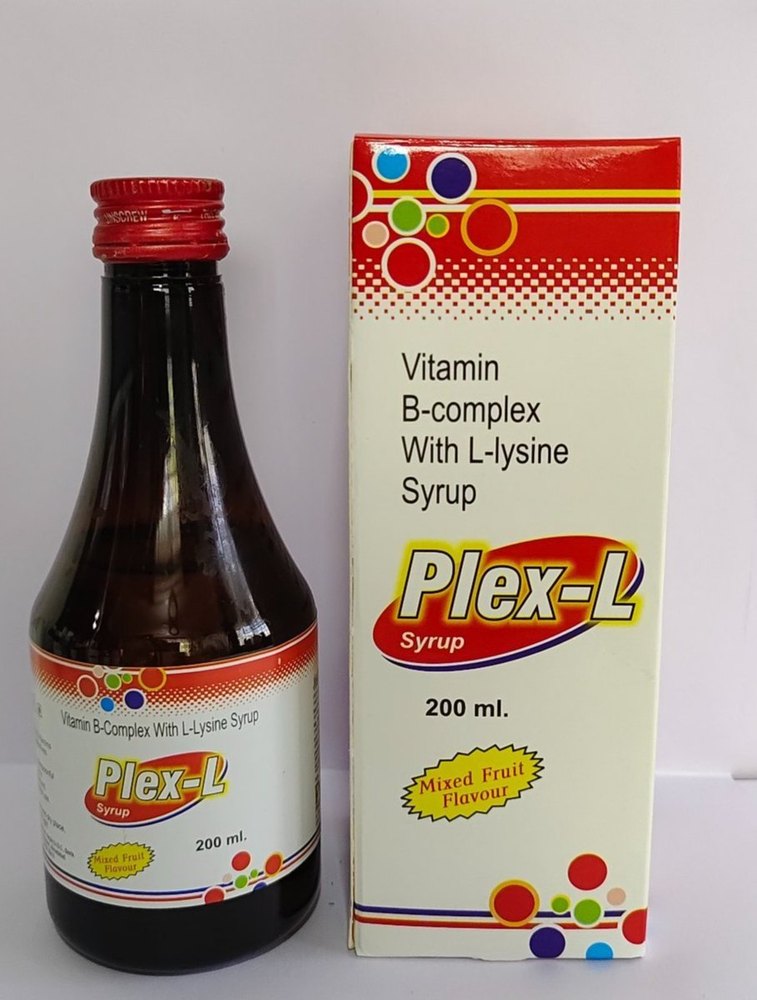Apcadol
Apcadol 50mg Capsule, manufactured by Apple International Pharmaceuticals Pvt. Ltd., is available in Nepal. Its generic name is Tramadol Hydrochloride.
Tramadol inhibits the reuptake of norepinephrine and serotonin, and enhances serotonin release. It alters the perception and response to pain by binding to mu-opioid receptors in the central nervous system (CNS).
Description
Apcadol Capsule (Tramadol Hydrochloride)
Apcadol 50mg Capsule, manufactured by Apple International Pharmaceuticals Pvt. Ltd., is available in Nepal. Its generic name is Tramadol Hydrochloride.
Indications
Apcadol Capsule is used to manage moderate to severe pain, including postoperative pain.
Dosage Information
Important: Doses should be adjusted based on individual patient needs and response.
Adult Dosing
- Oral (Immediate Release):
- Chronic Pain: Start with 25 mg every morning. Increase by 25-50 mg/day every 3 days as needed, up to 50-100 mg every 4-6 hours. Do not exceed 400 mg/day.
- Acute Pain: 50-100 mg every 4-6 hours as needed. Do not exceed 400 mg/day.
- Oral (Extended Release):
- Start with 100 mg once daily. Increase by 100 mg/day every 5 days as needed. Do not exceed 300 mg/day.
- Parenteral (IM/IV – Note: This section refers to injection information, but the product is a capsule. Please verify if an injectable form of Apcadol is also available or if this is general Tramadol information.):
- Moderate to Severe Pain: 50-100 mg every 4-6 hours, administered over 2-3 minutes.
- Postoperative Pain:
- Initial: 100 mg.
- Follow-up: 50 mg every 10-20 minutes if necessary, up to a total of 250 mg in the first hour (including the initial dose).
- Maintenance: Thereafter, 50-100 mg every 4-6 hours, up to a total daily dose of 600 mg.
Specific Populations
- Elderly (>75 years): The dosing interval may need to be increased.
- Hepatic Impairment (Severe):
- Immediate Release: 50 mg every 12 hours.
- Extended Release: Not recommended.
Pediatric Dosing
- Immediate Release (for Moderate-to-Severe Pain):
- <17 years: Safety and efficacy have not been established.
- >17 years (Acute Pain): 50-100 mg every 4-6 hours as needed. Do not exceed 400 mg/day.
- >17 years (Chronic Pain): Start with 25 mg every morning. Increase by 25-50 mg/day every 3 days as needed, up to 50-100 mg every 4-6 hours. Do not exceed 400 mg/day.
- Extended Release:
- <18 years: Safety and efficacy have not been established.
Renal Impairment
- Creatinine Clearance (CrCl) 10-30 mL/min: Increase dosing interval to every 12 hours.
- CrCl <10 mL/min: Contraindicated.
Administration
Apcadol Capsule can be taken with or without food.
Contraindications
Do not use Apcadol Capsule in patients who are:
- Suicidal
- Experiencing acute alcoholism
- Suffering from head injuries
- Having raised intracranial pressure
- With severe renal impairment
- Lactating (breastfeeding)
Precautions
Use with caution in patients with:
- Emotional disturbance or depression
- A history of epilepsy or risk of seizures
- Head injury
- Increased intracranial pressure
- Renal or hepatic impairment
- Elderly patients
- Pregnancy and lactation (see detailed note below)
Patient Counseling: This medication may impair the ability to drive or operate machinery.
Monitoring: Monitor pain relief, respiratory rate, blood pressure, pulse rate, and signs of tolerance, abuse, or suicidal thoughts.
Pregnancy and Lactation
- Lactation: Tramadol is excreted in breast milk at high concentrations and is not recommended for breastfeeding mothers.
- Pregnancy: Use with caution.
Drug Interactions
- Increased Risk of Convulsions or Serotonin Syndrome: When used with SSRIs, SNRIs, TCAs, and other seizure-threshold-lowering drugs (e.g., bupropion, mirtazapine, tetrahydrocannabinol).
- Decreased Tramadol Levels: With carbamazepine.
- Potentiation of Antidepressant Effect: May enhance the effect of norepinephrine, 5-HT agonists, or lithium.
- Increased INR and Bruising: With coumarin derivatives (e.g., warfarin).
- Potentially Fatal: Increased risk of seizure and serotonin syndrome with MAOIs.
Adverse Effects
Very Common (>10%): Constipation, nausea, dizziness, vertigo, headache, somnolence, vomiting, agitation, anxiety, emotional lability, euphoria, hallucinations, nervousness, spasticity, dyspepsia, asthenia, pruritus.
Common (1-10%): Diarrhea, dry mouth, sweating, hypertonia, malaise, menopausal symptoms, rash, urinary frequency, urinary retention, vasodilation, visual disturbance.
Less Common (<1%): Abnormal gait, amnesia, cognitive dysfunction, depression, difficulty in concentration, dysphoria, dysuria, fatigue, menstrual disorder, motor system weakness, orthostatic hypotension, paresthesia, seizures, suicidal tendencies, syncope, tachycardia, tremor.
Frequency Not Defined: Abnormal ECG, angioedema, bronchospasm, flushing, hypertension, hypotension, myocardial ischemia, palpitation, urticaria, withdrawal syndrome.
Potentially Fatal: Respiratory depression.
Mechanism of Action
Tramadol inhibits the reuptake of norepinephrine and serotonin, and enhances serotonin release. It alters the perception and response to pain by binding to mu-opioid receptors in the central nervous system (CNS).
Disclaimer: This information is not intended for diagnosis, medical advice, or treatment, nor is it a substitute for professional medical judgment. Always consult with a healthcare professional for any medical concerns
Additional information
| form | Capsule |
|---|





Reviews
There are no reviews yet.